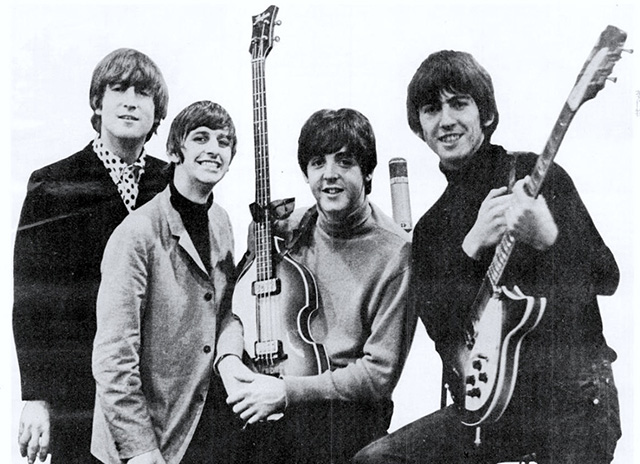
Vv Magazine’s Sarah Botelho set out to profile Toronto’s best patios for live music. Then she discovered they don’t exist. But why?
As a big proponent of tapping my foot to some Fleetwood Mac while sipping a Somersby on a warm Friday afternoon, it seemed like the natural progression for our next patio piece to feature the best spots for enjoying sun and live music. But much to my inner music lover’s dismay, I was faced with a mere two results, neither of which seemed particularly promising.
Turns out that our beloved Toronto, an avid advocate of all things music, doesn’t actually have much of a pool of live music to dive into this summer, unless you’re counting music festivals. But why don’t we have any rockin’ patios?
ADVERTISEMENT |
Thanks to Municipal Code 519, playing loud music is prohibited between the hours of 11 p.m. and 7 a.m. (9 a.m. on Sundays and statutory holidays). Most people are familiar with the 11 p.m. noise curfew, but the reason patios are lacking in the musician department is because live music is a no-go 24/7 on areas of “residential flankage,” which is city hall-speak for the cherished boulevard cafes and patios. That means no acoustic guitar. No amplifiers. Nothing.
You may be thinking, “OK, so bars just have to keep their live musicians inside. Easy.” Nope, it’s not. It doesn’t matter if your bar is in a bumpin’ commercial area or a quiet residential one – if you agree to manage the establishment, it’s your job to make sure no one hears the echoes of what’s going on inside. The music doesn’t even have to be loud. This is great news for local peace-and-quiet lovers; as long as it’s past the noise curfew and it’s audible, you can report it as a noise complaint.
After my disappointing search in Toronto, I decided to check out other metropolitan areas in Canada and see how their live music patio scene fared.
Turns out we’re all facing the same issues. Montreal’s Plateau neighbourhood, which is home to a lively music scene, saw a hefty increase in the maximum amount that a bar could be fined for noise complaints—in 2010, it increased from $1,000 to $12,000. Initially the Canadian Charter of Rights and Freedoms offered some defence; some argued that the bylaw infringed upon their self-expression. In the end, the increased fine was still approved. Since then, bar and nightclub owners in the area have become hesitant to book live music as their small venues couldn’t afford to be issued the large fine.
ADVERTISEMENT |
While you may be under the impression that only smaller spots are hit with all these rules and regulations, Ottawa’s Folk Fest was charged last year with violating noise laws after an estimated 30 complaints were made. Some citizens claimed the music from the festival could be heard up to 4.5 kilometres away, though they admitted it did stop before the 11 p.m. curfew.
And of course, who could forget the infamous 1969 Beatles rooftop concert that had London police up in arms. The cops threatened to arrest everyone involved with the concert after just a few songs as it was obstructing traffic. So, even Lennon and McCartney were shut down by blasted noise bylaws.
The interesting foundation of all of these cases rests on the shoulders of language. Noise bylaws are all filed under environmental law because noise (and in this case, music) is considered a pollutant. In fact, Toronto’s laws identify noise as any “unwanted sound,” which could definitely be a subjective definition.
What if the Beatles had stood up and protested that the people of London wanted their music? Would the police have let up? Probably not.
ADVERTISEMENT |
Just last year in Trinity Bellwoods Park, a trio of musicians plugged in until 11 p.m., belting out Johnny Cash and Elvis. A handful of peaceful park-goers complained and told them to turn it off. So how can we say no to them and say yes to the Beatles and still be fair? Once you start saying some forms of art are acceptable and some aren’t, you walk closer to censorship and away from democracy.
It’s a Catch-22. If we enforce these noise bylaws, bars will have a harder time booking musicians, musicians will have a harder time breaking out, and the new music scene will collapse in on itself. But if we get rid of them all together, every angsty teen with a guitar could play as loud as he or she wants throughout the night. I’m not 100% sure I want that either.
Related Link: Toronto’s Best Patios, The ones on rooftops
ADVERTISEMENT |
What do you think of Toronto’s noise bylaws? Share your thoughts in the comments below or tweet us at @ViewtheVibe.








